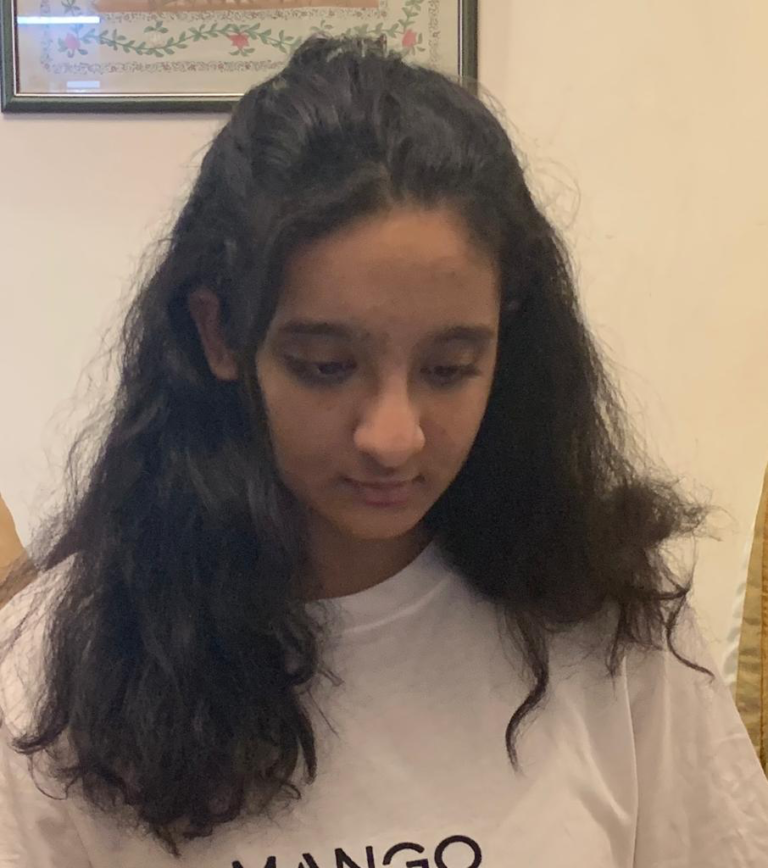

What does lifelong learning mean?
Lifelong learning is the form of learning focussed on personal growth and fulfilment. It is a part of what makes us human. We are naturally curious, and we are natural learners. We develop thanks to our ability to learn. In this form of inevitable learning, we learn for ourselves, not for anyone else.
“Get a good education.” – a phrase we have all heard way too often in our childhood. Sure, a good formal education and resulting qualifications are important, they may help us get better jobs, earn more, or even become successful in our chosen career. So why, then, focus on learning outside the classroom as well? Let the web browser you’re on at this very moment answer this question for you. Yup, Google. Did you know that Google doesn’t need you to have a college degree to hire you? Don’t believe me? Google it! This is how much the importance of lifelong learning is becoming recognised today.
“Live as if you were to die tomorrow, Learn as if you were to live forever” ~ Mahatma Gandhi
What is so good about lifelong learning?
The benefits of lifelong learning are countless. It fulfils our innate need to know stuff. It nurtures curious minds. For example, in this rapidly changing world, elders have no option but to adapt and shift from a conventional mode to new-age technology. If they have been a lifelong learner all their life, they will have no problem in waning to learn something so new. For those who have solely done their schooling and nothing else, it will be a huge task to even want to learn how to operate a smartphone. I spoke about knowledge compounding over time in my previous article. It all adds up here. Lifelong learning helps us build new skills, and improve those we already have. It opens up our mind; it improves our memory. It prevents us from becoming intellectually lazy as we grow older. It makes us grow as a person, become more wholesome generally, create so many more memories than otherwise, and experience what life has to offer with open arms.
“I have no talent, I am just passionately curious” ~ Albert Einstein
How to be a lifelong learner?
It’s simple, but not easy.
1) Read. A lot. Warren Buffett says, “I just sit in my office and read all day.” When asked how to get smarter, Buffett once held up stacks of paper and said, “Read 500 pages like this every week. That’s how knowledge builds up, like compound interest.” All of us can build knowledge, but most os us won’t put in the effort.
But how you read matters, too.
You need to be critical and always thinking. You need to do the mental work required to hold an opinion.
In Working Together, Why Great Partnerships Succeed, Buffett comments to author Michael Eisner: “Look, my job is essentially just corralling more and more and moe facts and information, and occasionally seeing whether that leads to some action. And Charlie(his business partner) – his children call him a book with legs.”
2) Keep Smart Company: If you’re the smartest in the room, you’re in the wrong room.
3) Keep a list of things you want to explore, and start exploring.
4) Find a job that encourages learning – don’t settle if there is no personal growth.
5) Start your own project: Can be anything! Do something in a filed of your interest, and do it well.
6) Experiment with new ways to learn
7) Teach others: It will teach you more than the one you’re teaching.
8) Join a study group: Collaborate, exchange ideas, debate, and learn.
Examples to get you started
Here are some of the types of lifelong learning initiatives we can engage in:
1) Developing a new skill (eg. sewing, cooking, programming, public speaking, etc)
2) Self-taught study(eg. learning a new language, researching a topic of interest, subscribing to a podcast, etc)
3) Learning a new sport or activity ( eg. Joining martial arts, learning to ski, learning to exercise or dance, etc)
4) Learning to use a new technology(smart devices, new software applications, etc)
5) Acquiring new knowledge (taking a self-interest course via online education or classroom-based course)
There is an abundance of tools and techniques available in today’s digitally connected world. What would have taken travel, enrolment in a physical university, access to a rarely published book; the knowledge is now accessible at the click of a button. There are unique possibilities to ‘personalise’ the learning opportunity. Self-assessment tools are also built in. Learning in groups even remotely and from each other. I have recently had the fortune of learning JavaScript, ES6, React, React-Native… all in a span of 2 months and good enough to independently build my own mobile app from ground-up. This experience has taught me the power of self-learning.
“I am still learning” ~ Michelangelo, age 87.



